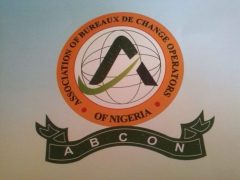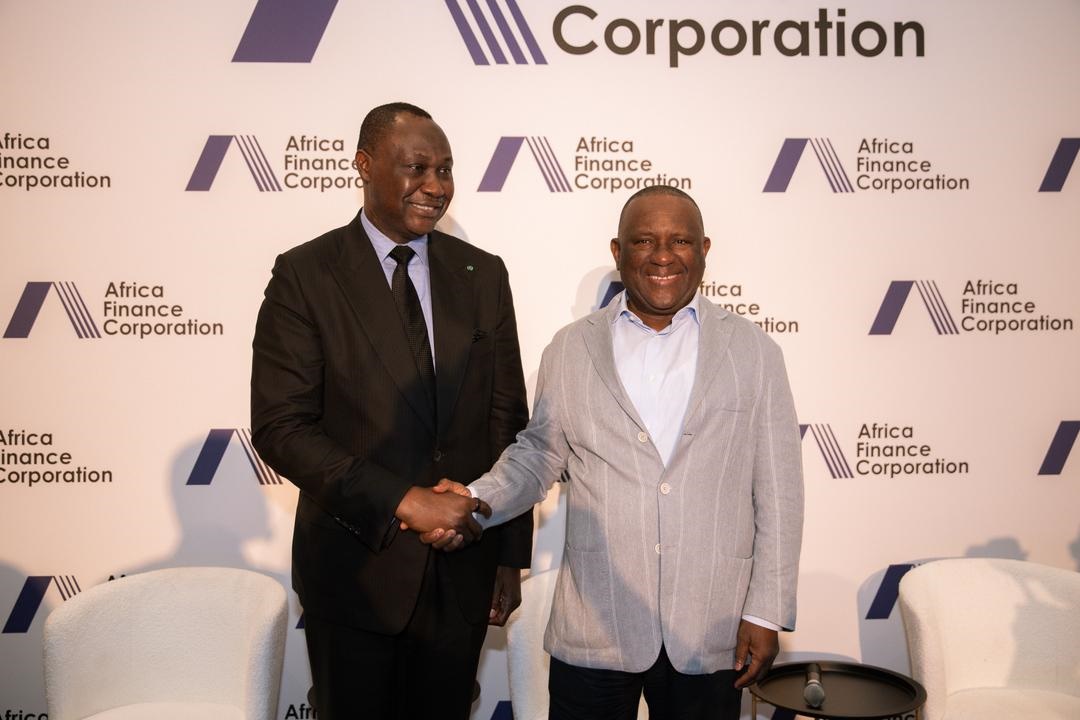
As part of efforts to boost job creation and generate affordable off-grid electricity across the country, particularly in rural communities across the country, the Central Bank of Nigeria (CBN), on Monday unveiled the Solar Connection Intervention Facility.
The pay-as-you-go (PAYG) off-grid technologies, it said, will complement the Federal Government’s effort at boosting energy access, financial inclusion, and reducing poverty, while creating a $2bn (about N7.5tr) annual market opportunity with penetration currently less than 5% of total market potential.
In the process, the government hopes to generate an additional N7bn in yearly tax revenues and $10m in annual import substitution by offering long-term low interest credit facilities to the Nigeria Electrification Project (NEP) pre-qualified home solar value chain players.
They include manufacturers and assemblers of solar components and off-grid energy retailers in the country, who must demonstrate a track record of technical capacity in manufacturing of key off-grid components up to the quality standards instituted by the Rural Electrification Agency (REA), and/or the Standards Organizations of Nigeria (SON).
To be eligible also, component manufacturers must be Nigerian-owned entities or consortiums involving a minimum of 70% local ownership; and must have a job creation focus in line with the programme’s objectives by demonstrating commitment to “employing local talent with a detailed vocational and technical training plan.”
The scheme hopes to incentivizing the creation of 250,000 new jobs in the energy sector alone, besides increasing local content in the off-grid solar value chain and facilitating the growth of the local manufacturing industry.
Prospective beneficiaries are also expected to demonstrate financial capacity to repay the loan through a sufficient debt service current ratio (DSCR), even as eligible manufacturers must provide evidence of an irrevocable off-take agreement with one or more NEP prequalified companies.
Downstream participants (solar home systems distributors and mini gird developers) planning to manufacture or assemble their own products are also to comply with the criteria above, including terms of technical capacity by demonstrating ability to comply with the REA and SON quality standards.
The framework recalled that as part of enhancing economic recovery in response to the COVID-19 pandemic, Nigeria’s Federal Government launched an initiative as part of its Economic Sustainability Plan (ESP) to achieve the roll-out of five million new solar-based connections in communities that are not connected to the national grid.
The solar connection initiative also seeks to expand energy access to 25m individuals (five million new connections) by providing solar home systems (SHS) or connection to a mini grid
Eligibility for the CBN facility will be either as Upstream, or Downstream Participant.
It defined upstream participants as any company or body corporate engaged in manufacturing of solar components and Balance of System; establishment/expansion/upgrade of solar manufacturing facilities; Assembly of solar components and Balance of System; Repair and maintenance of solar home systems and mini grid equipment; Solar component Research and Development (R&D); and Any other off-grid solar value chain activity as may be prescribed by CBN.
The facility, the framework warned, must not be used to finance importation of fully assembled solar components and Balance of System.
On the other hand, a downstream participant as any company or body corporate involved in the distribution and after-sales support of solar home systems (SHS); Mini-grid project development activities, including site identification and assessment, design and planning, and customer acquisition. Others eligible activities are Engineering, procurement, and/or construction of Mini-grids; any other retail-based off-grid solar value chain activity as may be prescribed by CBN.
Downstream players must however not engage in “sales or deployment of 100% imported solar home systems components with no proof of existing local content or credible plan for near-term integration of local content; (or) deployment of mini grid projects with 100% imported components solar PV and Balance of System with no proof of existing local content or credible plan for near-term integration of local content.
To become eligible, the proposed downstream player must in addition, possess the NEP prequalification under the World Bank Nigeria Electrification Programme, besides satisfying the minimum technical and financial requirements outlined.
While participating Financial Institutions (PFIs) are defined by the document as banks licenced by the CBN to provide banking services in the country, the facility will be term loans not exceeding 70% of total cost of the project at a maximum tenor of up to 10 years as determined by the project’s cash flow profile. The scheme, with a moratorium of two years on the principal, or the construction/ completion period, whichever is shorter shall however, not exceed December 31, 2030.
“Additional moratorium of up to 12 months may be added to the moratorium period (as above) in order to address the risk of completion delays (request to be supported with evidences), even as protracted completion delays could be addressed through other mechanisms such as adequate sponsor support and contingencies to be determined on a project specific basis.
Furthermore, working capital facility shall be for one year with provision for roll-over not more than twice (that is, a maximum tenor of three years), with an “all-in” interest rate of no more than 9% per annum.
“However, as part of the Bank’s Covid-19 relief package, the interest rate to be charged up to 28th February, 2021 shall not exceed five per cent per annum,” while interest shall be payable by the loan beneficiaries in accordance with the approved repayment schedule outlined in the Transaction Documents.
To apply, an eligible company that meets the Nigeria Electrification Project (NEP) requirement should submit its request to the Participating Financial Institution (PFI), which shall conduct due diligence and obtain internal approval for the facility.
The PFI will then submit a request for approval and release of funds to CBN, even as the obligor must present a written request from the project promoter; certificate of Incorporation; a copy of its Memorandum and Article of Association (MEMART); and a Copy of Form CAC 2A (Return of allotment of shares). Also required is a business plan detailing the completed Environmental and Social Management System (ESMS) template; Organizational chart; Health and safety guidelines; three-year financial projections; detailed vocational and technical training plan; and bill of Materials. The intending beneficiary will also present the off-taker agreements with prequalified NEP companies; and three-year audited financial statements for existing companies or a six-month Management Account for new companies.
Facilities shall be also in form of term loans for civil works, project expansion, and equipment purchase, among others, while mini grid developers are eligible to a maximum 70% of project cost, with a tenor of up to seven years, depending on the nature and cash flow stream and a two-year moratorium, depending on the nature of the project.
For working capital, amount will be determined as a percentage of the average of its three-year adjusted projected cash flows subject to the maximum of limit of N500m; and a 12-month tenor subject to roll-over not more than twice (a maximum tenor of three years. This will however depend on the nature and cash flow stream, with an interest rate of 10%.
In the case of Home Solar System Retailers and Distributors, the amount will be determined as a percentage of the average of three-year adjusted projected cash flows subject to the maximum of limit of N500m. Tenor is set at up to five years, depending on the cash flow stream at 10% interest rate and six-month moratorium.











